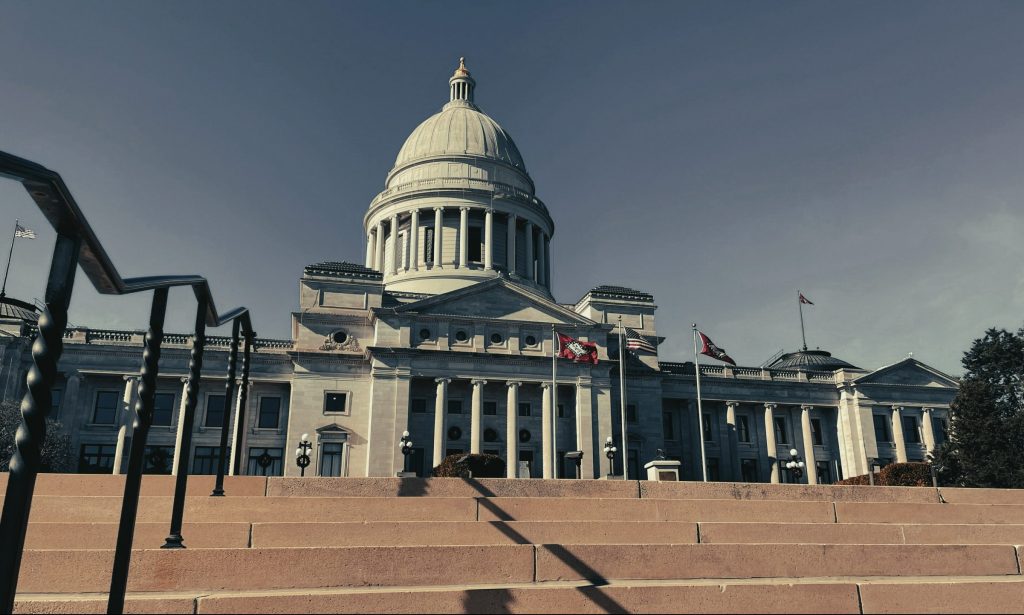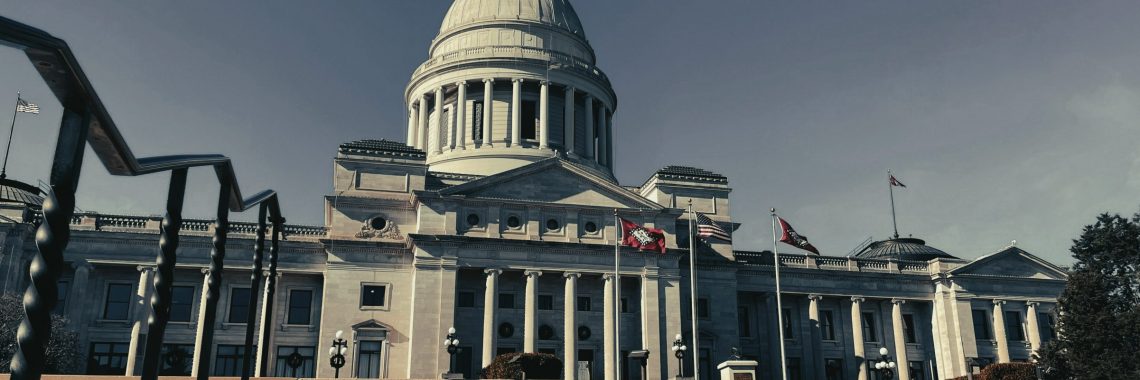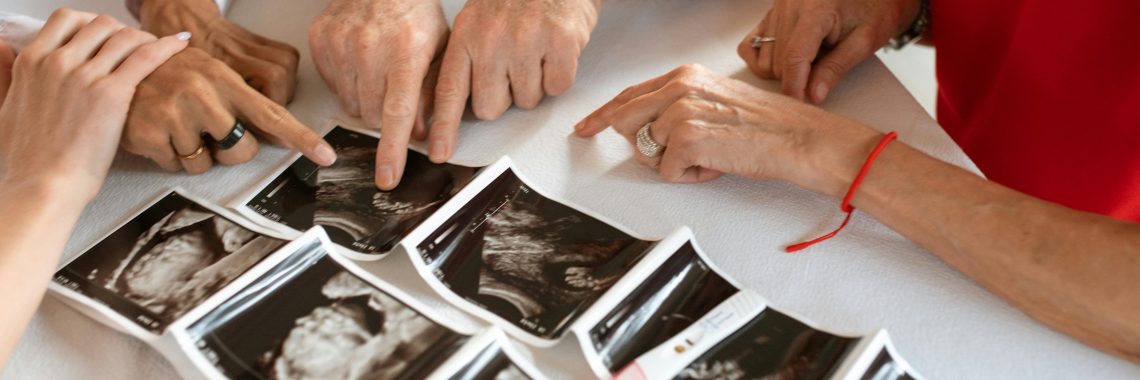State of Arkansas Reports 0 Abortions in 2024

Official reports from the Arkansas Department of Health’s Vital Statistics show no abortions occurred in the state during 2024.
Arkansas law generally prohibits abortion, but it contains exceptions for situations in which the mother’s life is at risk.
The state publishes annual reports every June documenting the number of abortions performed during the previous year.
The Health Department recently released three different reports showing the number of abortions performed last year, the number of women who experienced complications from abortion, and the number of abortions necessary to save the life of the mother. All three reports show 0 abortions during 2024.
In the past, Arkansas has averaged around 3,200 abortions per year. All in all, our team estimates Arkansas’ pro-life laws are protecting thousands of women and unborn children from abortion each year.
These reports are great news. Arkansas has successfully prohibited abortion except to save the life of the mother. Arkansas’ pro-life laws are protecting women, and they are saving unborn children.
Last year a flawed measure that would have repealed Arkansas’ pro-life laws and written abortion into the state constitution nearly made the ballot.
If passed, the Arkansas Abortion Amendment would have allowed thousands of elective abortions in Arkansas every year.
The amendment did not contain any medical licensing or health and safety standards for abortion.
It contained sweeping health exceptions that would permit abortion on demand through all nine months of pregnancy in many cases.
The amendment also would have paved the way for publicly funded abortion in Arkansas by changing Amendment 68 to the Arkansas Constitution that currently prohibits taxpayer funded abortion in the state.
Fortunately, the Arkansas Supreme Court disqualified the measure from the ballot after recognizing its sponsors failed to comply with state laws governing the initiative process.
This year Arkansas’ legislators also rejected measures that would have weakened the state’s pro-life laws.
The State of Arkansas has invested millions of dollars to help support women with unplanned pregnancies.
That is something to celebrate.
Articles appearing on this website are written with the aid of Family Council’s researchers and writers.





